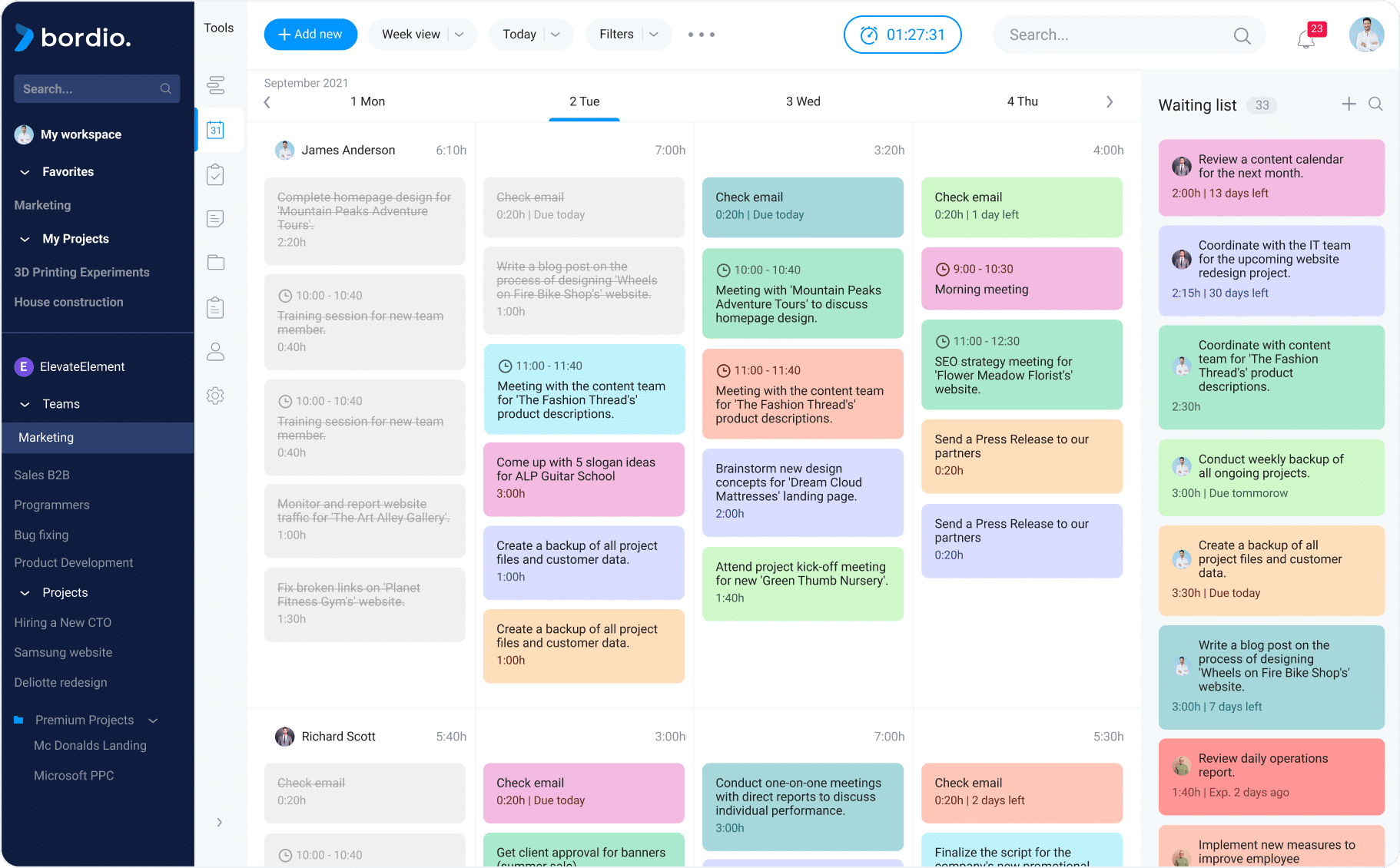First is self-awareness. Understanding one’s own thoughts, feelings, and behaviors is known as self-awareness. It is essential to comprehend what makes you feel certain emotions, such as happiness, rage, fear, or sadness. A person with a healthy amount of self-awareness may recognize where their feelings come from and, as a result, better control their conduct.
Second, Regulation of Emotions. It’s not about suppressing or ignoring your emotions but being able to manage them. Knowing how to regulate our feelings helps us avoid making rash decisions or acting out in response to intense emotional stimuli. It also includes comforting ourselves under challenging moments and looking for the positive aspects even in difficult situations.
Third, Stress Resilience. Life is unpredictable and full of unforeseen events. Stress resilience is the ability to withstand difficulties, adapt to new circumstances, and keep moving forward. People with high-stress Resilience don’t avoid problems. Still, they have the tools and strategies to deal with them more effectively.
Role of Employers and Organizations
Employers’ responsibilities for promoting their employees’ emotional health are becoming more apparent in today’s society, where corporate social responsibility is becoming increasingly significant. High productivity, motivation, and general job satisfaction are all based on emotional well-being. With this, the project managemwent tools 2023 can help you with its convenience and portability and ease your planning routine.

The availability of flexible work schedules, which enables workers to balance work and personal life better and to take time for self-improvement and leisure, is one of the most sought-after practices. Many companies implement mental health programs, including stress management training, meditation and mindfulness workshops, and discussions with psychologists.
Regular conversations with management, employee questionnaires, and instituting an open feedback system can help identify employee needs and concerns early on. Recreational space, quiet areas where you can take a break from the hustle and bustle, and organizing corporate events aimed at team building can significantly improve the emotional well-being of employees.
The Science of the Emotion-Effectiveness Connection.
Modern research increasingly confirms the close connection between our emotional state and cognitive function. This link has a direct impact on our performance and efficiency.
-
Attention and feelings.
According to one of the critical studies in this field, our emotions can directly impact our capacity to focus. Positive emotions like happiness or contentment enhance our ability to focus, which increases our productivity. It might be challenging to finish activities when stress or worry disrupts concentration.
-
Emotional condition and judgment.
Research shows positive emotions are linked to a speedier decision-making process and a propensity for taking more significant risks. Nevertheless, they are also more adept at determining the risks and benefits.
-
Emotions and Creativity.
Positive emotions can stimulate creative thinking by expanding the perceptual domain and providing more opportunities for associative thinking.
-
Stress and memory.
Prolonged stress harms our memory. When exposed to stress, the body releases cortisol, which at high concentrations can inhibit the hippocampus’s function, the brain’s area responsible for learning and memory.
Emotional Burnout

Emotional burnout is a state of chronic physical and emotional fatigue, often accompanied by a decline in interest and level of accomplishment of work tasks. It results from constant stress and excessive workload, especially in occupations that require high emotional responsibility.
These include fatigue, loss of interest in work, hopelessness and alienation, increased irritability, sleep problems, and lowered self-esteem. Under the influence of these symptoms, productivity decreases, and attitudes toward coworkers and the performance of one’s professional duties become more detached. These include excessive workload, unbalanced work and rest schedules, lack of social support, and unreasonable demands on oneself.
Ignoring one’s own emotional state can lead to burnout. Therefore, regular self-monitoring, finding relaxation methods, and taking care of one’s psycho-emotional health become critical tools for burnout prevention. Burnout can lead to decreased professional motivation, poorer quality of work, increased errors, and decreased overall productivity.
Strategies and Techniques for Preserving Emotional Well-Being
A healthy and fulfilling existence is mainly dependent on emotional well-being. Meditation helps focus our attention on the present moment, teaching us mindfulness and helping us manage stress. Daily practice, even briefly, can significantly improve emotional well-being. Regular exercise helps improve mood, regulate stress levels, and improve sleep quality. They promote the production of endorphins, the “happy hormones.”
Writing down the positive aspects of your day helps you focus on the good things and promotes positive thinking. Breathing exercises, progressive muscle, and deep relaxation help reduce stress and anxiety. Various psychotherapeutic methods, such as cognitive behavioral therapy, can help learn emotion management techniques. Socializing with loved ones, participating in group activities, or seeing a therapist can significantly improve emotional well-being.





